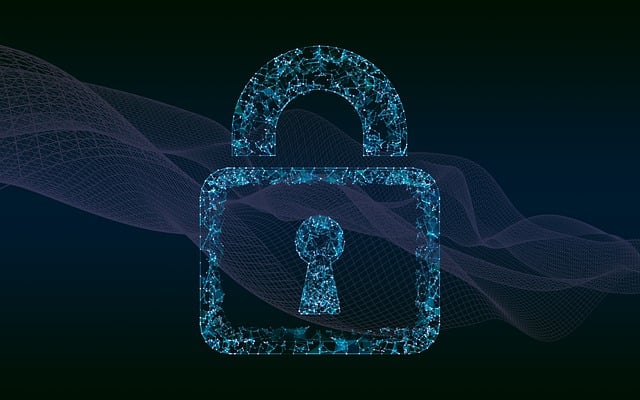
In today’s digital age, cybersecurity is no longer just a concern for IT departments—it’s a critical issue for all stakeholders, from business leaders to customers and investors. Cyber threats are increasing in frequency and sophistication, and a single security breach can have far-reaching consequences, including financial loss, reputational damage, and legal liabilities.
In this blog, we’ll explore why cybersecurity should be a top priority for stakeholders and how it directly impacts the success and sustainability of any organization.
One of the primary concerns for stakeholders is the financial health of the organization. Cyberattacks, particularly data breaches and ransomware attacks, can lead to significant financial losses. These losses stem not only from the cost of remediation and recovery but also from potential regulatory fines, lawsuits, and lost business.
For example, stakeholders must be aware that:
Lesson for Stakeholders: Investing in strong cybersecurity measures upfront can help mitigate these financial risks, ensuring the long-term profitability of the organization.
In the era of social media and instant communication, a company’s reputation can be easily tarnished following a security breach. Customers entrust businesses with their sensitive data, and a cybersecurity failure can severely damage that trust.
Consider the following:
Organizations in various industries are subject to regulations that require them to protect sensitive data and ensure that their systems are secure. Non-compliance with these regulations can lead to severe penalties, legal consequences, and even a loss of business licenses.
Key points to consider:
For many organizations, intellectual property (IP) and proprietary data are some of their most valuable assets. Whether it’s product designs, research and development data, or trade secrets, the loss or theft of this information can lead to a competitive disadvantage.
Cyberattacks targeting IP can lead to:
Investors are increasingly factoring in cybersecurity risk when evaluating an organization’s long-term sustainability and growth potential. Companies that demonstrate strong cybersecurity practices are more likely to attract and retain investors because they present less risk of financial losses due to cyber incidents.
Key considerations include:
Cybersecurity is no longer just a technical issue; it’s a business issue that affects every stakeholder in an organization. From protecting financial interests and customer trust to ensuring compliance and safeguarding intellectual property, the importance of cybersecurity cannot be overstated.
For stakeholders, investing in cybersecurity is not just about preventing attacks—it’s about securing the future of the organization, maintaining investor confidence, and ensuring the long-term success of the business. In a world where cyber threats are constantly evolving, prioritizing cybersecurity is the only way forward.